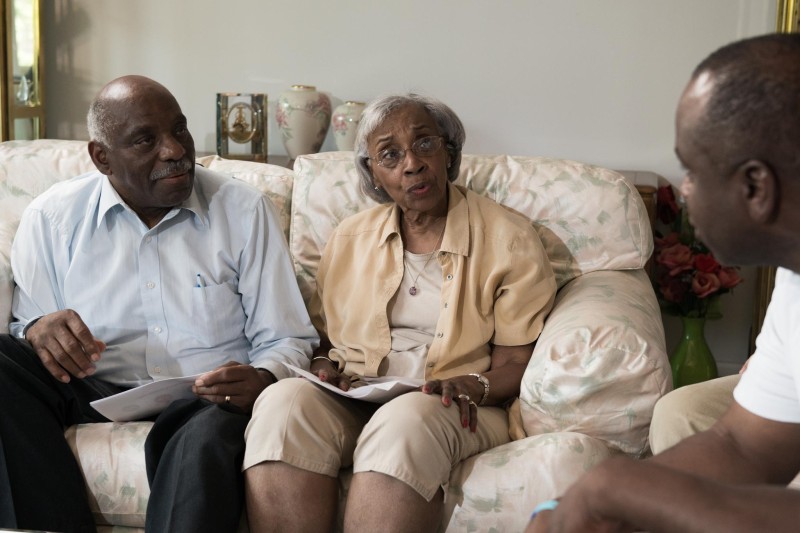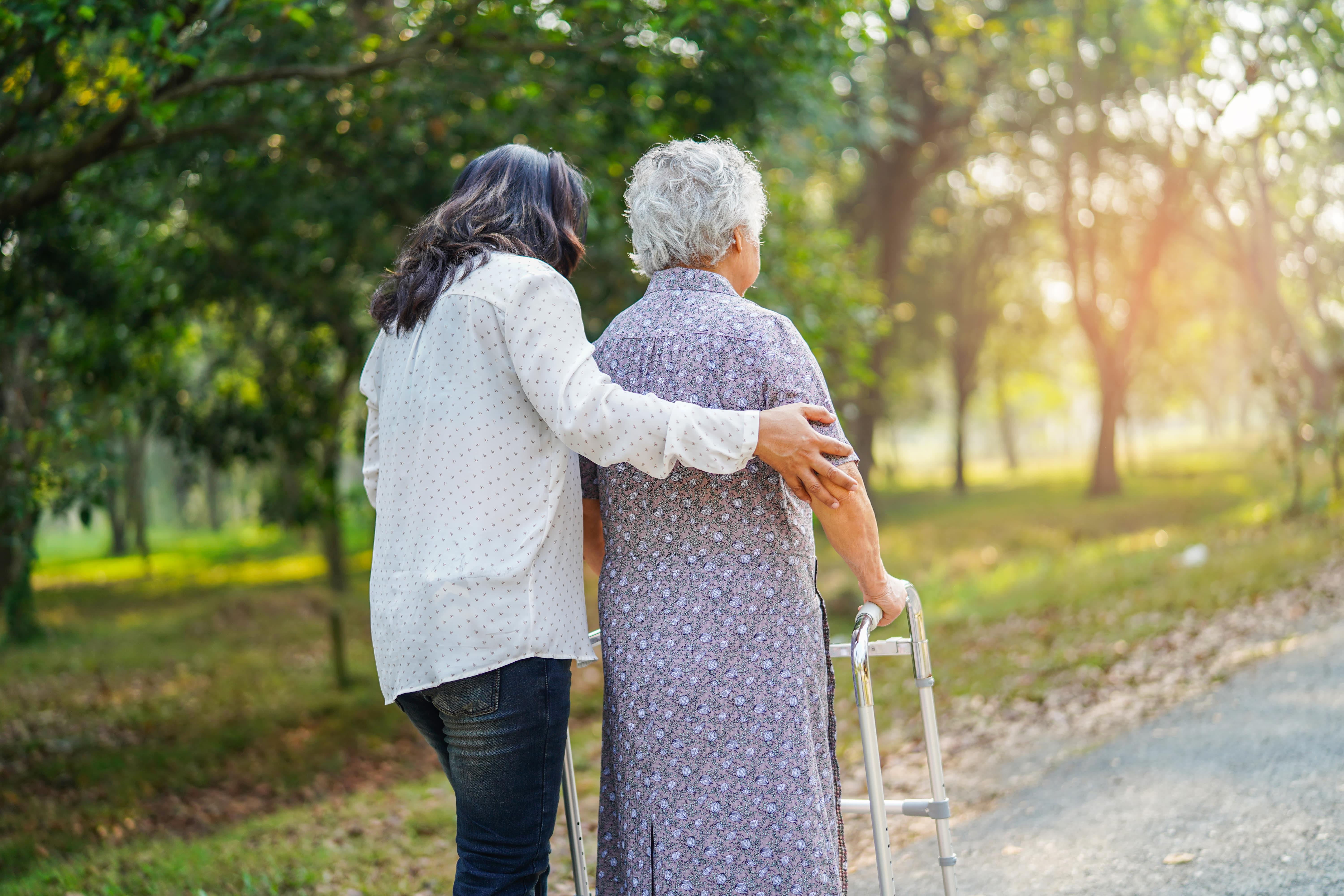Resources
Mobile Resource Library Tabs
Filters
Search
Categories Navigation
Asset Publisher
Content with Target Audience Family Members or Friends .
Resources

It’s OK to Feel: The Emotional Side of Caregiving
The reality is that caregivers experience a wide range of emotions, from ambivalence and resentment to anxiety, grief, loneliness, fear and even joy—often within the same day. We are conditioned to believe, as one family caregiver so eloquently stated, that we “must always smile and never complain…" And yet these emotions are normal, they are healthy, and we need to find ways to name them, to feel them and to express them.
Read MoreBy Lisa Weitzman | 02/16/2021

Understanding Different Types of Dementia
When most people hear the word “dementia,” one of the first things that comes to mind is “Alzheimer’s.” However, Alzheimer’s is just one cause of dementia, which is the umbrella term for decline in memory, thinking and reasoning skills that significantly impacts daily life. If a loved one is experiencing memory issues, Alzheimer’s could be a potential diagnosis, but there are four other common types of dementia that should also be considered: Lewy body, frontotemporal, vascular and mixed.
Read MoreBy Julie Hayes | 02/15/2021

Identifying Risks and Preventing Falls for Older Adults
Winter weather can be beautiful, but along with the picturesque snow comes the less ideal increase to falls caused by ice and slush. While falls can be dangerous for people of all ages, they are a particular risk to older loved ones. According to the CDC Injury Center, around 25 percent of adults aged 65 and over will experience a fall over the course of a year. These falls are the cause of more than 2.8 million injuries that require hospital treatment, such as hip fractures and traumatic brain injury, resulting in over 800,000 hospitalizations and more than 27,700 deaths annually.
Read MoreBy Julie Hayes | 02/15/2021

When Parents Weren’t There For You: What Are Your Responsibilities?
There is a tie that binds the adult child to their parent, be it a sense of loyalty, duty or compassion. So how does the adult child provide care for their aging parent after this type of childhood? If you are in this situation, you may wonder if you should find it within yourself to take on the role of caregiver. But if you do, what will that role look like?
Read MoreBy Lauri Scharf | 02/15/2021

Preparing for Taking on Caregiving Responsibilities
When preparing for big life events, many families like to come up with a plan. But when it comes to caregiving, many families are not as proactive, even though over 34 million Americans provide unpaid care to an adult age 50 or older. In fact, many families wait until a crisis happens to begin important discussions, which can leave them scrambling to figure out care options. When planning for our future caregiving responsibilities, or preparing our loved ones to take on our own care as we age, we should hold discussions about finances, as well as values and preferences to help develop a successful caregiving plan.
Read MoreBy Sara Powers, PhD | 01/15/2021
